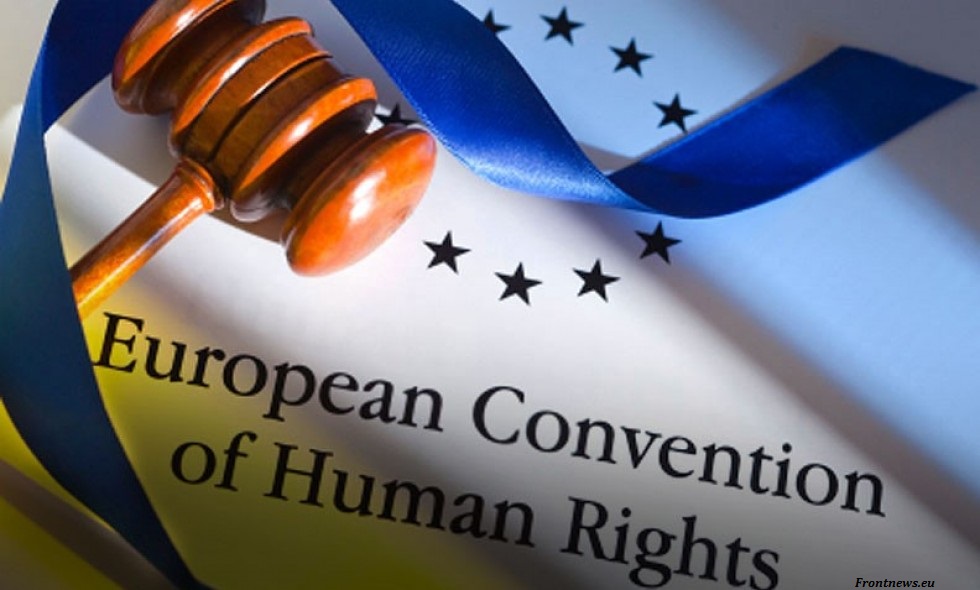On 21 June 2022, the European Court of Human Rights (ECtHR) published its judgment in Akkad v. Türkiye (Application no. 1557/19). The case concerns a Syrian national who had been living in Türkiye since 2014 under a temporary protection status. In 2018, when trying to enter Greece, he was apprehended by the Turkish authorities and was deported to Syria two days later, without being able to take any action against this return decision. The applicant claimed that, during the bus journey of approximately twenty hours, he and the twelve other Syrians were handcuffed in pairs. According to his account of the events, immediately after crossing the border, he was apprehended by two armed militants of the Al-Nusra organisation, blindfolded, interrogated and beaten.
According to the applicant, at the Turkish border with Syria, he was obliged to sign some documentation without being aware of its content, which later transpired that one of these documents was a voluntary return form. He was not allowed to use the phone, was not provided with an interpreter and was not able to contact any lawyer or appeal authority. The government in its turn alleges that the applicant was informed of the removal and wanted to return voluntarily to Syria.
The Court found the applicant was subjected to a forcible return and ruled there were two violations of Article 3 of the Convention. The first one, was due to the applicant’s return to Syria as it was common knowledge that the territory where he was transferred was a war zone. The Court held that there was sufficient evidence of a real risk that the applicant would be subjected to treatment contrary to Article 3 if he was returned to Syria. Furthermore, the Court underlined that Turkish legislation was also violated as it establishes that an alien who had been granted temporary protection could be expelled only in exceptional circumstances, which had not been invoked in this case. Secondly, Article 3 ECHR was also found to be breached due to the handcuffing of the applicant during his detention and transfer as this was not justified by a context of lawful detention. Consequently, the Court considered that the applicant had been subjected to degrading treatment.
Article 13 of the Convention was also assessed in conjunction with Article 3. The ECtHR held that the applicant’s removal to Syria had not complied with the expulsion procedure and requirements established by Turkish domestic law. In addition, the Court states that he was returned without any possibility of accessing suspensive remedies or of appealing the decision before his removal to Syria.
The Court found violations of Article 5 (1), (2), (4) and (5). It held that the applicant was deprived of his liberty arbitrarily and the legal safeguards had not been respected. Firstly, the applicant had not been informed of the reasons for his detention nor of the possibility of challenging the lawfulness of the detention order and, from the time of his arrest until his removal to Syria, the applicant had been unable to access a lawyer or any outside person. According to the court, this situation had led to the impossibility of obtaining judicial review of the lawfulness of his detention. Ultimately, in front of these violations, the applicant had also been unable to obtain compensation from the domestic authorities.

